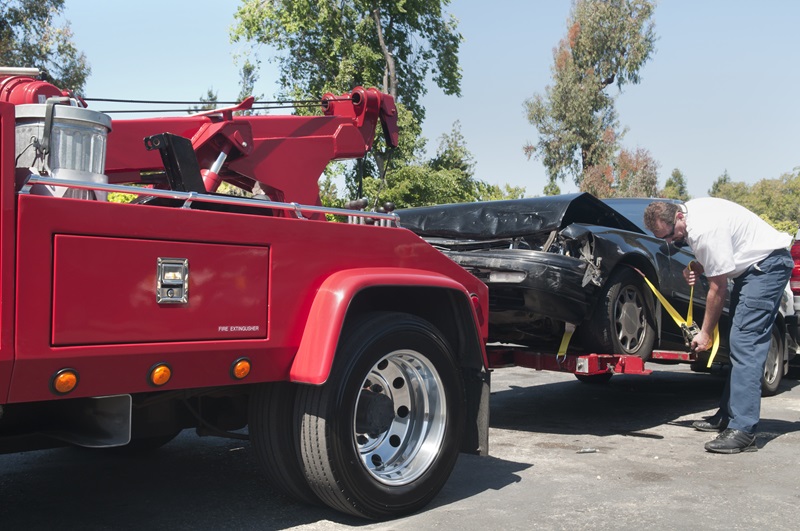Content courtesy from the Economical Insurance website.
Your car insurance policy is designed to protect you and your vehicle when you need it most — but there are a few situations when your insurer may deny claims for damage to your vehicle after a collision. Here are the most common ones:
- You’ve breached a condition of your policy by participating in illegal activities (e.g., street racing or illicit trade or transportation). Not only could you find yourself with a hefty fine — or even jail time — but your insurance company may deny your claim and cancel your policy.
- You’ve made a fraudulent claim. Not only are staged accidents and car insurance fraud dangerous for everyone involved, but they’re expensive for insurance companies — and over time, an increase in false claim payouts can lead to higher premiums for everyone who has car insurance.
- The claim you’ve made isn’t covered by your policy. For example:
- You decided not to purchase collision coverage (the coverage you need if you’d like to be reimbursed for repairs following a collision).
- You have a personal car insurance policy but you’re using your vehicle for commercial purposes (e.g., using your car to make deliveries or as a taxi).
- The collision was caused by something specifically listed as an “exclusion” in your car insurance policy.
- You allowed an excluded driver (someone you have intentionally removed from your car insurance policy) to drive your vehicle.
Keep your broker informed about any changes in your vehicle use so they can make sure you have the coverage you need.
- Repairs to your vehicle will cost less than your deductible. If the damage will only cost $300 to repair but your deductible is $500, you’ll be responsible for paying the bill. Get the lowdown on deductiblesand make sure you’re comfortable with the deductibles outlined in your policy.
- Your policy has expired or been cancelled. If your car insurance policy was cancelled (for non-payment, for example) and you continue to drive without purchasing new coverage, you won’t be protected in a collision.
The good news is most of these situations are avoidable — so always follow the rules of the road, drive safely, and reach out to your licensed broker to make sure you have the right coverage before the unexpected happens.





